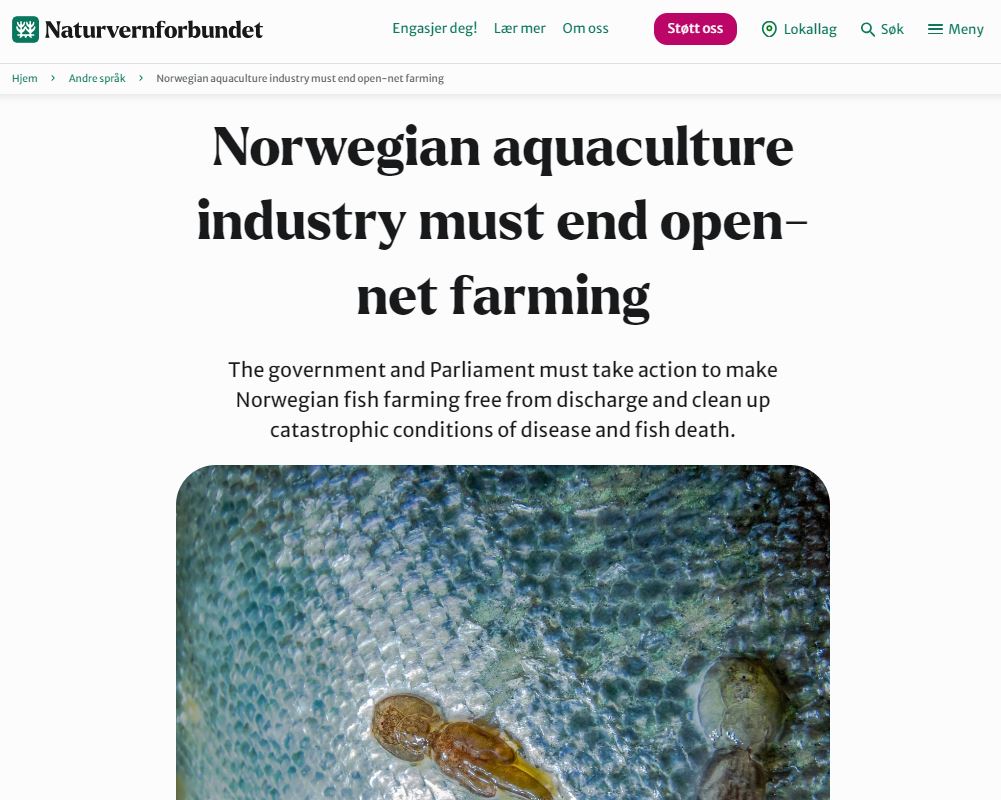
Það er að þrengjast að sjókvíaeldi um allan heim. Ástæðan er einföld. Skaðinn sem þessi iðnaður veldur á umhverfinu, lífríkinu og hörmuleg meðferð á eldisdýrunum eru atriði sem öll eru óásættanleg.
Sjö norsk náttúruverndarsamtök hafa skrifað stjórnvöldum til að krefjast þess að endir verði bundinn á laxeldi í opnum sjókvíum.
Ályktunin samtakanna hljóðar svo
The marine environment, wild fish resources, and coastal nature are damaged by aquaculture. This cannot continue. Additionally, poor fish health and mass deaths at several Norwegian aquaculture facilities have been documented.
The aquaculture industry has become one of our largest industries, and we must have the same expectations of environmental responsibility from it as we have with other major industries: Requirements for emission control, site impact assessments, and lastly but not least, the same animal welfare for fish as for other livestock.
Extensive Damage
The price of continuing as today is too high for our fjords, with the constant spread of sea lice, fish diseases, pollution and escapees – all due to production in open net pens: As an example, the aquaculture industry’s total discharges of nutrients to the Norwegian coast are now five times greater than the discharges from municipalities, agriculture and industry combined. Disease, lice and genetic pollution from escaped fish spread to wild salmon and cod.Important measures
We must secure wild fish-rich and clean fjords. The aquaculture industry is undermining its own success if it continues to override the environment and disregard animal welfare issues. A continued capacity increase in open net pens is totally irresponsible.In the future all facilities must be discharge-free and escape-proof. All aquaculture facilities, whether they are land-based or floating in the sea, must have effective escape prevention and filtration of sludge and disease pathogens. The sludge should be recycled.
The government must ensure fundamental environmental and animal welfare concerns.
We propose the following measures:
- Make both existing and new aquaculture pens discharge- and escape-free.
- Reduce the number of farmed fish in open net cages along the entire coast, starting in problem areas.
- Set aside larger aquaculture-free zones and more marine protected areas.
- Put cod farming on hold until the technology is mature and escape-proof.
- Land-based facilities must only be established in so-called grey areas (already established industrial sites) to avoid further blasting and destruction of valuable archipelago.
- Animal welfare, both inside and outside the facilities, must be maintained regardless of the aquaculture technology.
- These measures are also among our inputs to the Aquaculture Committee’s recent report on how to make Norwegian aquaculture sustainable.
Other countries tighten their regulations
We are not alone in demanding higher standards from aquaculture. There have recently been major popular actions in Chile, Canada, Scotland, and Iceland, and measures are underway. Four states on the US West Coast have already decided on closures of open net pens.
